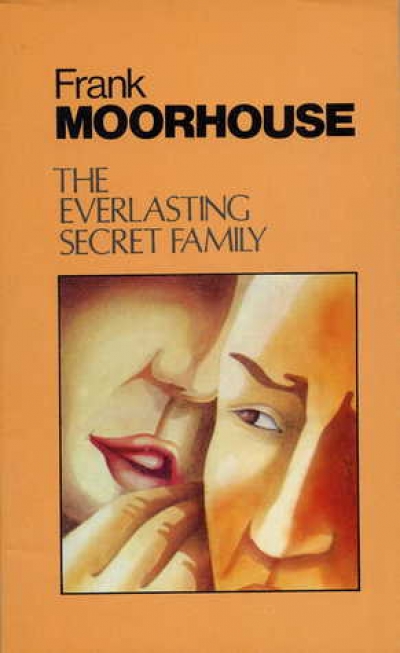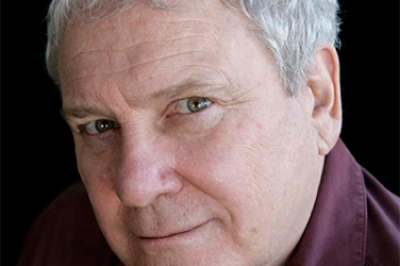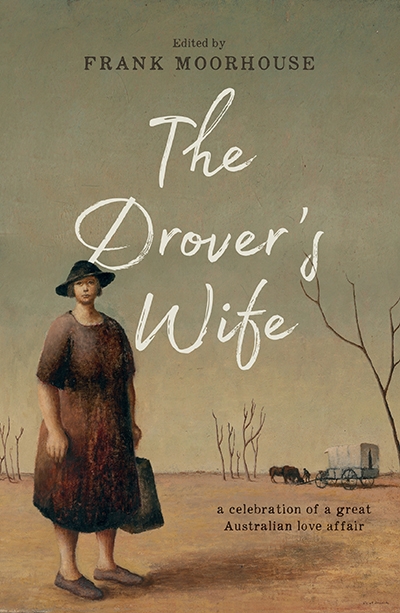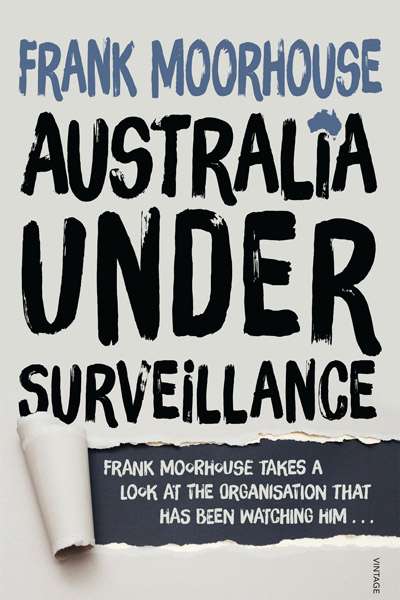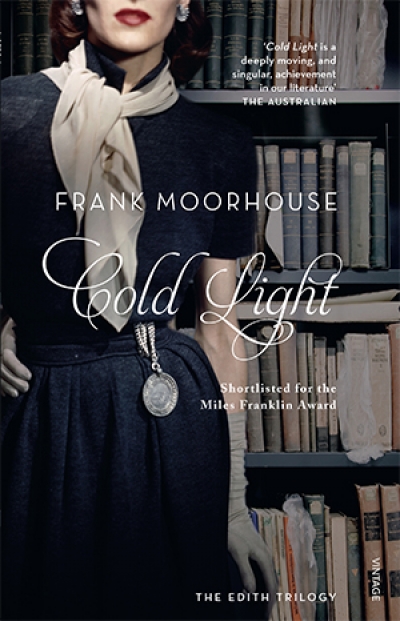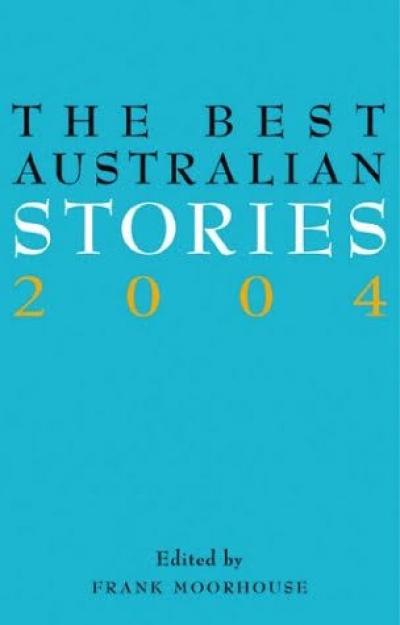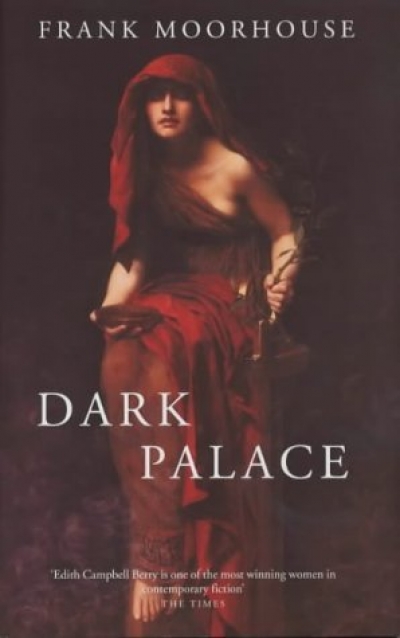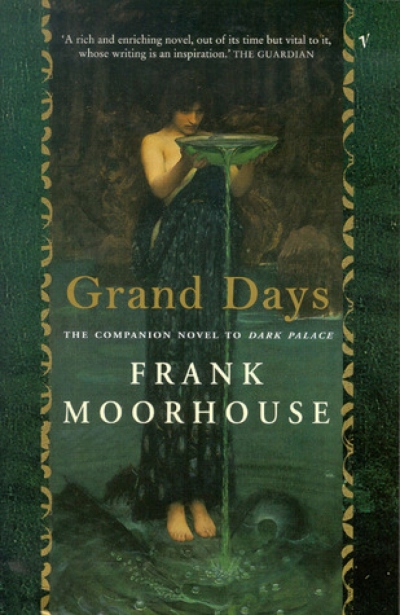Frank Moorhouse
Frank Moorhouse, one of Australia’s most prolific and loved authors, essayists, and public intellectuals, died aged eighty-three on 26 June. Moorhouse left a legacy of eighteen fiction and non-fiction books, a series of screenplays, and countless essays. He was also a tireless activist on a range of fronts, including opposing censorship and promoting copyright law reform.
... (read more)Storytelling in all its forms is one way of having something curious, strange, and comforting to say to others and ourselves when we are faced with the malaise of the real.
... (read more)Oxford traveller
Dear Editor,
In his ‘Diary’ in the March 2007 issue of ABR, Chris Wallace-Crabbe tells us that he’s been reading Ulysses and War and Peace (‘alternately’) as he travels to Oxford. Then, out of the blue, he adds: ‘Meanwhile, Ken Gelder has written the most appalling attack on literature, and especially on the concept of style, in the latest Overland. His anti-aesthetic position is, of course, indistinguishable from that of John Howard and the right-wing philistines. It has been so for a long time: the right and the far-left in materialist cahoots.’ My Overland essay was a criticism of Tory literary tastes and positions in Australia, including the disdain some writers have for readerships. Only a blinkered literary snob could construe this as an ‘attack on literature’. I found Wallace-Crabbe’s insulting remarks utterly perplexing. For example, what does he mean by ‘the concept of style’? Whose concept? I have no idea. What does he mean by ‘anti-aesthetic’? The term used to be used by postmodernists, but he also attributes it to John Howard – a point which seems to fly in the face of reality.
... (read more)
